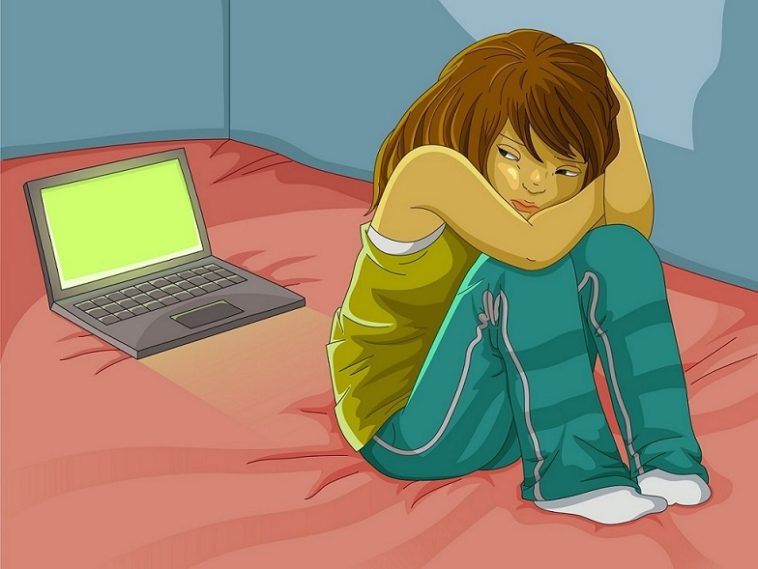Many studies reveal that many people with vitiligo suffer from anxiety and depressive disorder. These disorders are higher in people who have lesions more on exposed body areas. One of these anxiety disorders is the Social Anxiety Disorder.
One of most significant concerns that vitiligo fighters often have is that whenever they’re around people, everyone thinks badly of them. This can be one of the symptoms of social anxiety in vitiligo. Soon, similar fears of judgment and being scrutinized by others start interfering with an individual’s life. This disorder can make a vitiligo fighter reluctant to speak to strangers, make eye contact and starting conversations.
Recognizing social anxiety in vitiligo
Social anxiety (also known as social phobia) at first glance looks like simple shyness, but there’s so much more to it. The disorder, which causes an overwhelming fear of social situations, has an element of shyness at its core.
Vitiligo fighters with social anxiety are afraid that if they’re eating in a restaurant they’re going to spill something on themselves and other people are going to notice their white patches. The same feelings are applicable in speaking out in public and going to parties. As a result, vitiligo fighters start avoiding going out in public and speaking to strangers. This can potentially affect their self-esteem, love life, career, or progress in school.
Different vitiligo fighters experience different physical symptoms. However, most common symptoms are the rapid heartbeat, muscle tension, dizziness and light-headedness, stomach trouble, inability to catch inspiration and “out-of-body” sensation. If left untreated, the feelings of being judged by others, being embarrassed or humiliated, and accidentally offending someone grow stronger with time. These feelings can contribute to self-pity, negative thoughts, poor social skills, depression, and sensitivity to criticism in vitiligo.
The ambiguity and diagnosis
Since physical symptoms of vitiligo are always given importance over physiological symptoms of living with white patches, the social anxiety disorder is many times, not diagnosed. As vitiligo progresses, people get used to the anxiety and see it as part of themselves. Hence, they are less likely to seek care or go to a mental health expert to talk about these issues.
Options to social anxiety in vitiligo
Although the social anxiety can significantly affect a vitiligo fighter’s quality of life, the good news is that people who suffer from it can respond well to treatment.
The best way to treat social anxiety is through 12 to 16 therapy sessions of cognitive behavioral therapy. The therapy can help vitiligo fighters build confidence, learn skills to manage the situations that scare them most. Doctors may even prescribe antidepressants (such as selective serotonin reuptake inhibitors) to treat your social anxiety disorder. Fluoxetine (Prozac), Paroxetine (Paxil), Sertraline (Zoloft), Duloxetine (Cymbalta) and Venlafaxine (Effexor) are widely prescribed to treat social anxiety in vitiligo.

